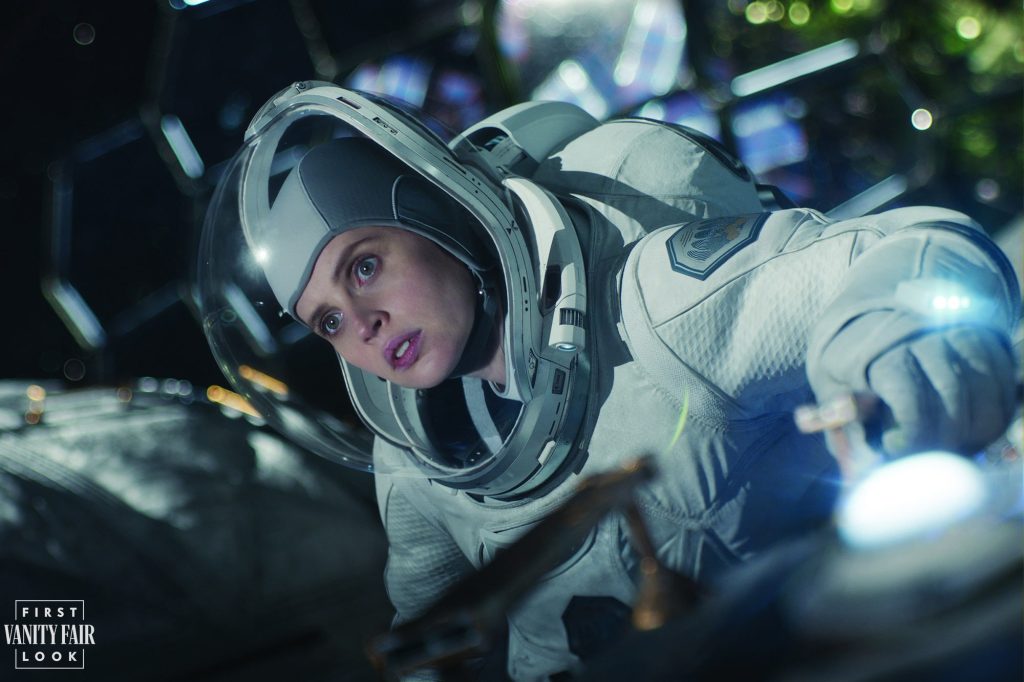Is TIFF the most wonderful time of the year? For a movie reviewer, it’s pretty close. Every year when the schedule gets locked down, I peruse the titles, research each film, and work up a short list of films I’d optimistically like to watch, if time was unlimited and schedules never conflicted and sleep was optional. In my trusty notebook, I write down titles, directors, actors, and a small blurb to job my memory as to what on earth I might be watching. I had “girl with ice cubes for teeth” and “quirky martial arts romance” and “Afro-sonic sci-fi musical”; for this one, I’d merely written “Keira Knightley Christmas movie.” I don’t normally love watching Christmas movies outside of December, but the chronology of film festivals is mystifying and not to be questioned.
What did I actually get?
A lovely Christmas party, actually, in which hostess Nell (Knightley) greets her friends and family for a fantastic meal, friendly reminiscence, merry making, followed by mass suicide.

It’s the end of the world, you see. That thing we keep predicting but doing nothing about. The environment collapses, sending a cloud of poison, more or less, into the world, where it is spreading death, horrible, horrible death, wherever it goes. Blood leaking out all your orifices kind of death. Not a great death. So the UK, generous to a fault, have provided their citizens with a suicide pill. Everyone’s enjoying one last Christmas with their families, and as the cloud approaches, the pill will ensure a peaceful death in the arms of loved ones instead of painful and bloody convulsions.
The movie broke my damn heart. The adults did their best to act jolly, or stoic when jolly couldn’t be produced, but the kids were confused and vulnerable. Nell and Simon (Matthew Goode) have three kids; the oldest, Art (Roman Griffin Davis) is old enough to be angry at what’s happening to him. He’s angry the adults neglected the environment until it came to this. He’s angry that his parents plan to murder him. He’s angry that he’s so helpless. I was angry too.
But mostly I was sad. Sad that we’d failed these kids, yes, but also sad that any parents had to make this choice, no choice at all really. Sad that there’s so little comfort to be had at the end of the world.
And I was a little impressed, impressed that writer-director Camille Griffin could use Christmas apocalypse to talk about privilege. Nell has the perfect old house to host her closest friends, their kids, and even semi-unwelcome plus ones (that would be Sophie, played by Lily-Rose Depp). But she’s also a citizen of a prosperous nation with efficient (enough) infrastructure. They’ve delivered a peaceful way out to its citizens – but not to everyone living within its borders. If you aren’t there legally, you’re not worth the pill that will save you needless agony. Even kids understand this inherent inequity, and if you think you can look a kid in the eye and attempt to justify it, you’ve got another thing coming. Come armed with kleenex; Silent Night sounds harmless but beneath its shiny gift wrap is scathing indictment and a death sentence for all.


